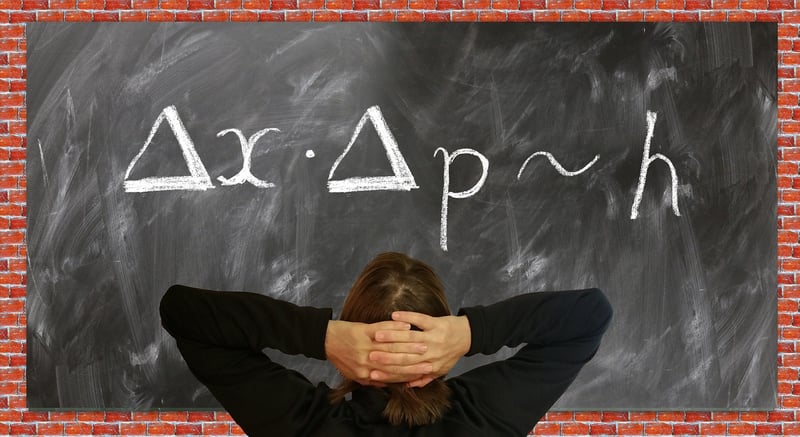Quantum Mechanics
Unraveling the Mysteries of Time through Quantum Mechanics
Time, a concept that has intrigued and puzzled humanity for centuries, continues to be a subject of great fascination and speculation. From the ticking of a clock to the expansion of the universe, time manifests itself in various forms, raising questions about its nature, origin, and ultimate fate. One way to explore the enigmatic nature of time is through the lens of quantum mechanics, a branch of physics that deals with the behavior of particles on the smallest scales.
The Quantum World: A Closer Look
Quantum mechanics revolutionized our understanding of the physical world by introducing principles that defy classical intuition. At the quantum level, particles such as electrons and photons exhibit wave-particle duality, uncertainty, and entanglement, challenging our conventional notions of space, time, and causality.

Time in Quantum Mechanics
Within the framework of quantum mechanics, time is treated as a parameter that evolves continuously, unlike in classical physics, where time is considered an absolute and unchanging dimension. The concept of superposition suggests that particles can exist in multiple states simultaneously until observed, leading to intriguing questions about the role of consciousness in collapsing quantum probabilities.
Quantum Entanglement and Time
One of the most puzzling phenomena in quantum mechanics is entanglement, where particles become interconnected regardless of the distance between them. Some researchers speculate that entanglement could potentially enable communication across time, blurring the distinction between past, present, and future.

The Arrow of Time
In classical physics, the arrow of time points irreversibly from the past to the future, dictated by the increase of entropy or disorder in a closed system. Quantum mechanics, however, introduces the concept of time symmetry, suggesting that microscopic laws are time-reversible, raising profound questions about the nature of time's arrow on a fundamental level.
Conclusion
As we delve deeper into the mysteries of time through the lens of quantum mechanics, we are confronted with profound philosophical and scientific implications. The interplay between time, consciousness, and quantum phenomena challenges our perceptions of reality and prompts us to reconsider the very fabric of the universe we inhabit.
Through ongoing research and theoretical exploration, scientists and philosophers continue to push the boundaries of our understanding, aiming to unlock the secrets of time's enigmatic nature and its profound connection to the quantum realm.
